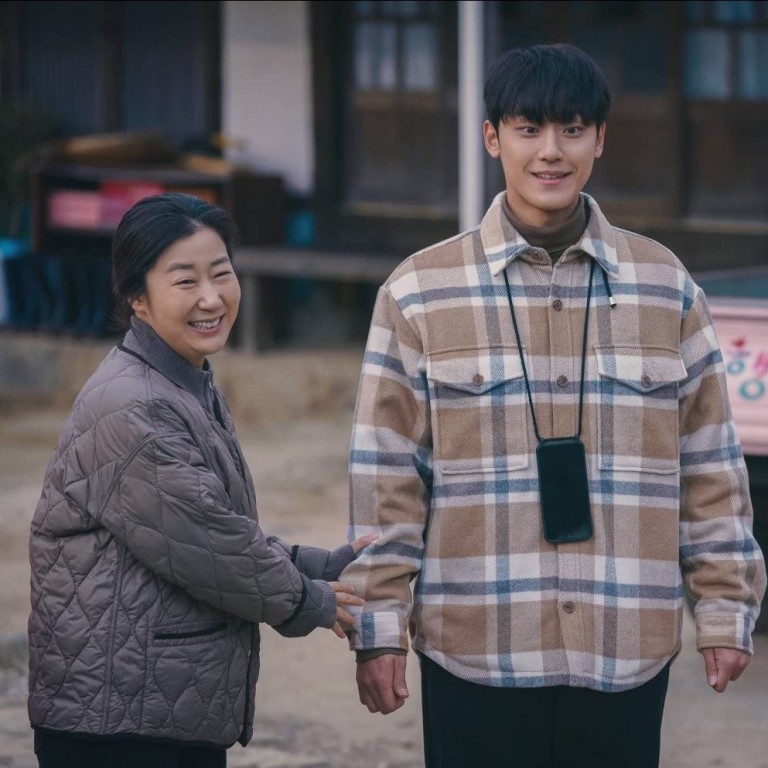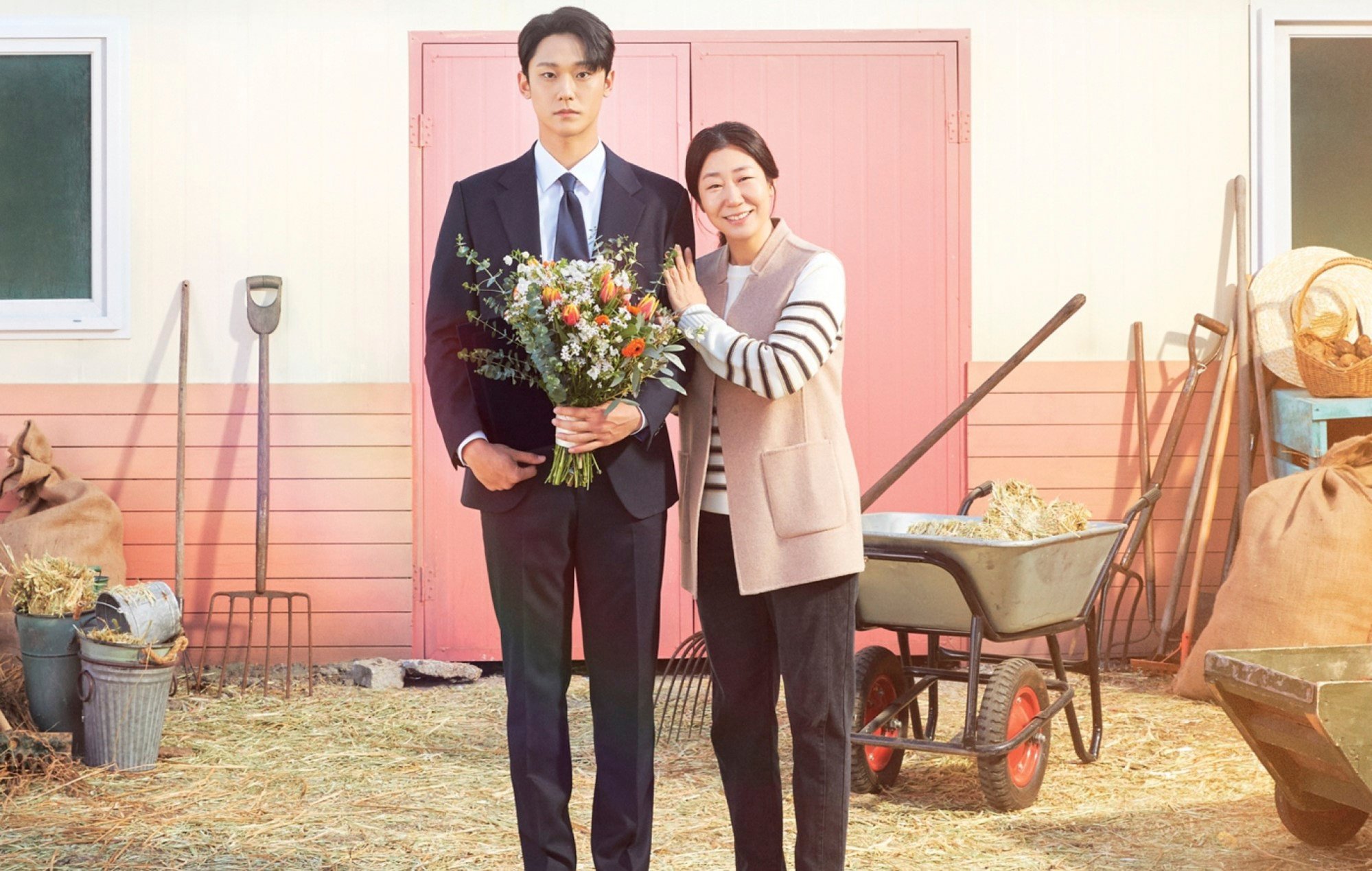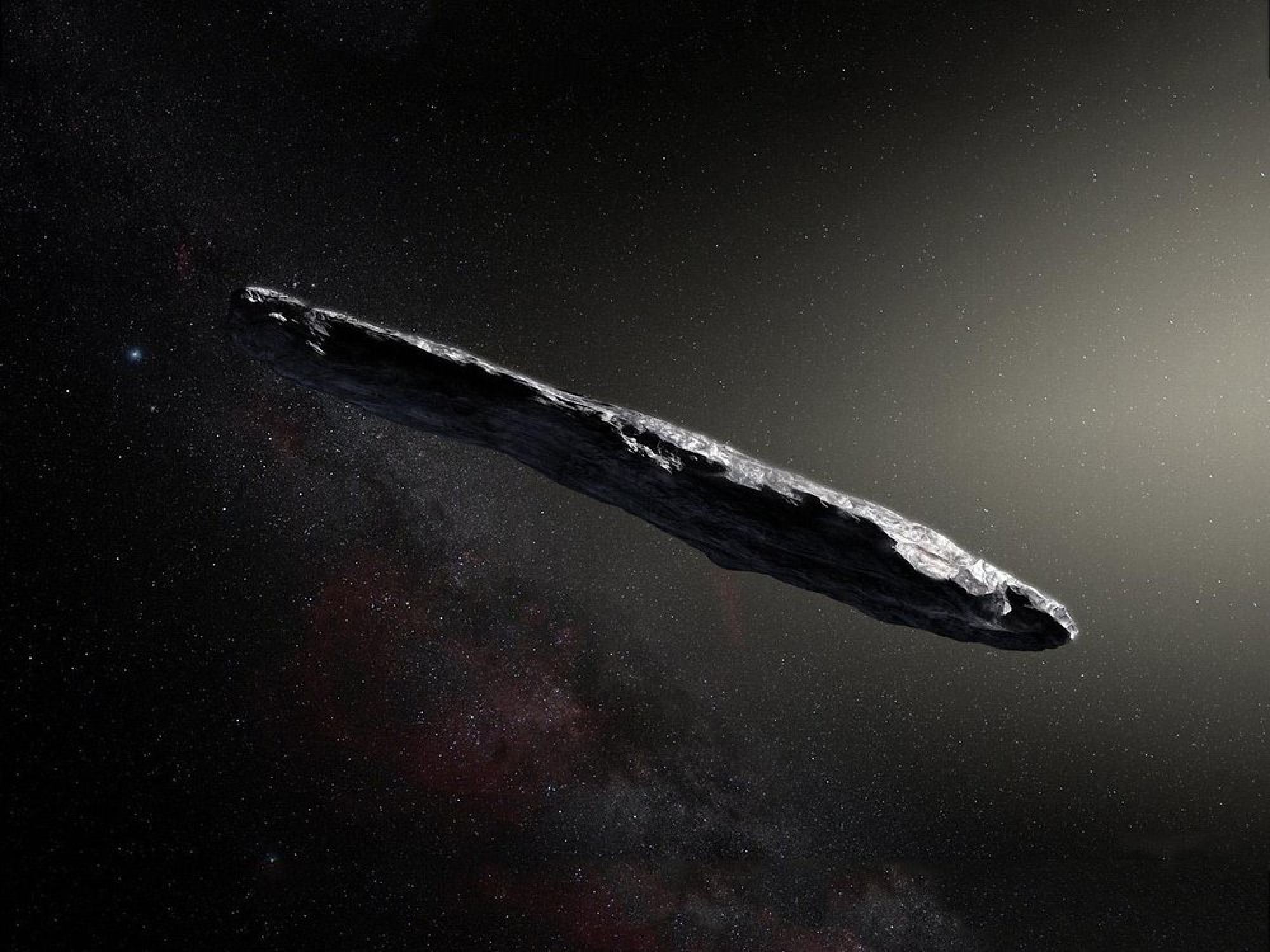
Netflix K-drama series The Good Bad Mother starring Lee Do-hyun mixes pig farming with murder and corruption
- Lee Do-hyun stars as Choi Kang-ho, a prosecutor who rejects his tiger mother, and gets caught up with the same people who shielded his father’s killers
- Meanwhile, on BBC Earth, First Contact: An Alien Encounter considers how humans would react to extraterrestrial life
Asia’s sometimes somnolent animal rights activists seem to have struck a blow for porcine appreciation at the start of The Good Bad Mother (Netflix, continuing).
A poignant drama (with ironic comedy) at least minimally about the ethical and commercial pressures of pig farming in the South Korea of the 1980s and later, the series, now building to its conclusion, is expertly launched by Ra Mi-ran as Jin Young-soon.
Mother to Choi Kang-ho (Lee Do-hyun), Young-soon is a widow, her pig-farmer husband having been murdered by thugs who destroyed their first property – and were then protected by a corrupt prosecutor. Young-soon, manic in her determination to see Kang-ho enjoy a better life than hers, forces him to study obsessively – thereby turning her son against her while becoming a prototype “tiger mother”.
Fast-forward through high school, and a fledgling romance that goes about as far as anything else in the boy’s existence that isn’t an academic slog, and Kang-ho has blitzed every law exam on his way to becoming a prosecutor.

And here comes the first slap in the face (not counting his pitiless rejection of his admittedly overbearing mother) for viewers who sympathise with him: Kang-ho is now in the pay of the same venal prosecutor who shielded his father’s killers. Perhaps worse, he is also dating the prosecutor’s shallow, arrogant daughter (portrayed suitably sneeringly by Hong Bi-ra).
Naturally, a comeuppance awaits Kang-ho for his cold-hearted, calculating behaviour (if that’s really what it is) and it isn’t long in arriving. Consequently, he finds himself back in the care of his mother; and the way that their joltingly altered relationship works out is the key to the resolution of a story with far deeper plot roots than first appear.
The Good Bad Mother is a modern fable about the social status of haves and have-nots; simple, plain-speaking villagers versus grasping, pretentious urbanites; greed and generosity; pride and shame; and much more. Pigs and their guardians might be obvious symbols denoting class snobbery – but when one little piggy runs all the way home, well, all seems right with the world, at least for a moment.
Is there anybody out there?
With a winning combination of astronomical fact and plausible science fiction, First Contact: An Alien Encounter (BBC Earth) imagines how humans might react to our introduction to intelligent life not of this planet.
The catalyst for its extrapolations is the (real) 2017 discovery of the first identified interstellar object to enter our solar system. The composition of Oumuamua, the 400-metre-long space tourist, couldn’t be pinpointed – but our gatecrasher did emit radio signals, so was quickly seized on as a potential bit of alien technological kit.
Only recently has it been announced that Oumuamua is almost certainly a tailless comet, but that doesn’t mean we should neglect the sort of questions First Contact poses.

Mock news bulletins from Tokyo, apparent panic on the streets of London and vox pops from around the world accompany a declaration of war following what American gun-slinging Doomsday “preppers” consider a “full-scale alien apocalypse”. But what if our visitors come in peace?
Extensively consulted on the scientific side is Malaysian astrophysicist Dr Mazlan Othman, ex-director of the United Nations Office for Outer Space Affairs, who chides the organisation for not taking the idea of interplanetary guests seriously. We fail to realise, she suggests, that any such house call would sweep every other topic off the table.
This is, of course, projection. What if aliens came, saw what we’d done to the place, and just left?

